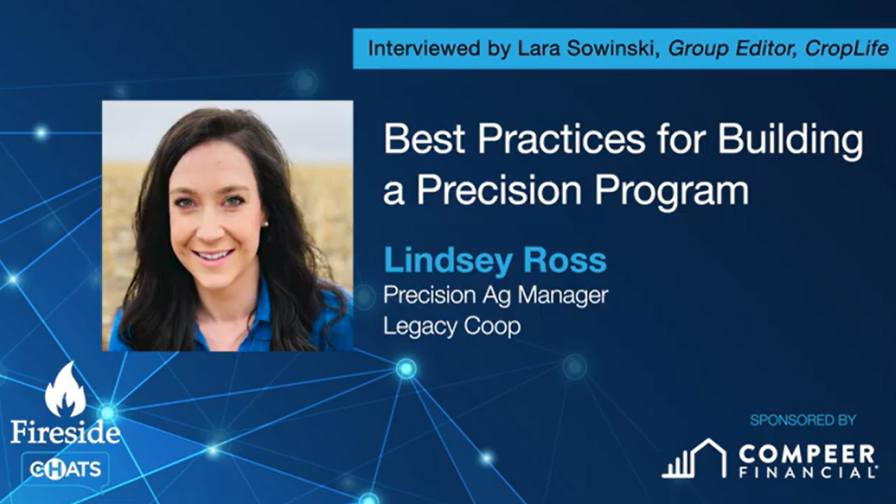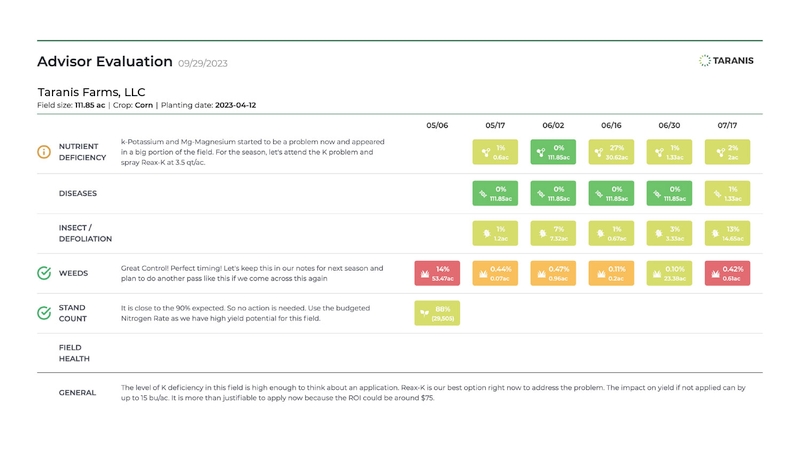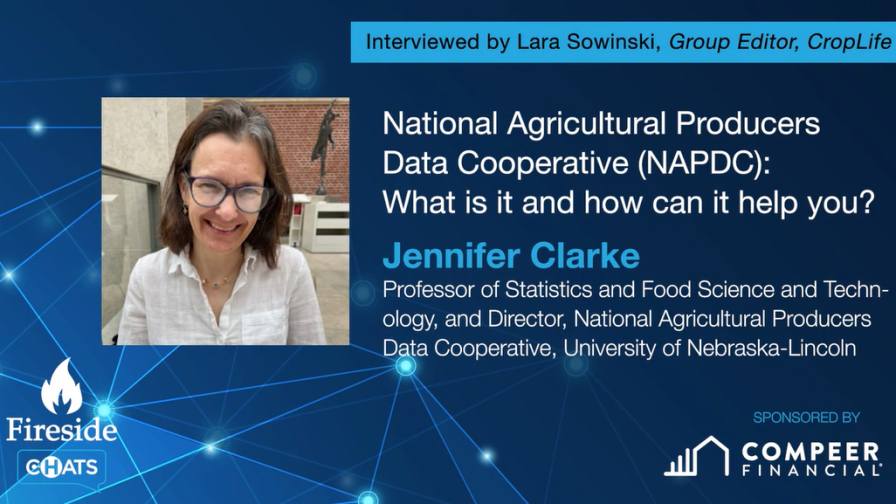AASA: Answering Pesticide Questions
The American Agronomic Stewardship Alliance (AASA) has completed its 12th year of inspecting bulk agricultural retail facilities. This program helps ensure compliance and stewardship of pesticide handling and storage.
The AASA is a not-for-profit organization governed by a board that includes pesticide manufacturers, distributors, retailers and a state ag department advisor. AASA conducts a national stewardship inspection program for ag retail facilities that store bulk pesticides, portable refillable containers, and packaged products.
Once every three years, your bulk ag retail facility will receive an AASA inspection. The inspection is no cost to you, and the inspection report is provided only to the facility and to the pesticide manufacturer (registrant) who ships bulk product to your facility, to help ensure that both parties are working together to enhance stewardship and to assure compliance with the EPA regulations.
The retailers find value in the program as evidenced by comments we received after the 2016 inspections:
- “The inspector pointed out two items that needed attention and I was able to fix them immediately.”
- “The inspector took the time to explain the regulations; he pointed out what I was doing right as well as what needed improvement, and he answered all the questions I had.”
- “The inspector was very courteous and made sure he did not disrupt my business while he was performing the inspection.”
AASA provides a point of contact for retailers to help you understand what needs to be done to enhance stewardship, to assure compliance, and to avoid costly federal or state penalties.
The Benefits of AASA
There are numerous examples of how AASA can help ag retailers:
Recent EPA Enforcement Actions. In September, the EPA levied some severe fines against the industry for failure to comply with portions of the FIFRA regulations pertaining to repackaging of bulk pesticides. This puts us on notice that constant attention to detail when it comes to repackaging documentation is important. In 2017, AASA will emphasize the need for compliance in this area, but in the off season here are things you can do to make sure you haven’t overlooked an important requirement.
Repackaging vs. Service Containers. The EPA defines repackaging as “distributing or selling” meaning “to distribute, sell, offer for sale, hold for distribution, hold for sale, hold for shipment, ship, deliver for shipment, release for shipment, or receive (and having so received), deliver or offer to deliver.” In short, if you transfer bulk pesticides to a smaller container and do any of the above, then you are repacking and must comply with the items outlined below.
But if you are only transferring bulk pesticides to another container for the purpose of applying the pesticide through your application equipment and you do not deliver any unapplied pesticide to a customer, the containers are “service containers” and the repackaging rules do not apply to you. While the EPA does not regulate “service containers,” it does recommend that these containers be identified with the product label and name and address of your company to help identify the product in case of emergency.
If you are going to sell or distribute portable refillable containers, make sure you have all the following at your facility to avoid a penalty from the EPA:
- You must have a EPA issued Pesticide Producing Establishment Number.
- You must have a written contract with the pesticide manufacturer to repackage the product for sale or distribution.
- You must use the product label provided by the pesticide manufacturer for the product at the time it was delivered to your facility.
- Be sure to fill in the “net contents” of the product on the bulk tank based upon the most recent bulk delivery to that tank.
- You must have the following documents on file at the refilling establishment before you begin repackaging.
- A written contract with the pesticide manufacturer for the products you will be repackaging.
- A product label and accompanying labeling (i.e., the booklet).
- The pesticide manufacturer’s written residue removal procedures.
- The pesticide manufacturer’s written description of acceptable containers that you can refill the product into.
- You must maintain all records of repackaging activity for the current year and maintain those records for three years.
- You must furnish the records for inspection and/or copying at the request of any EPA employee or an entity that is designated to perform EPA inspections, such as your state department of agriculture or state environmental official.
If you are unsure of your documents or procedures, please ask your bulk product sales representative for assistance or contact AASA at 309-827-2774.






